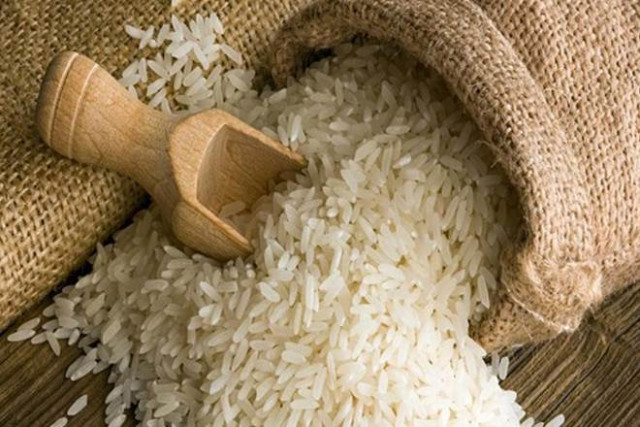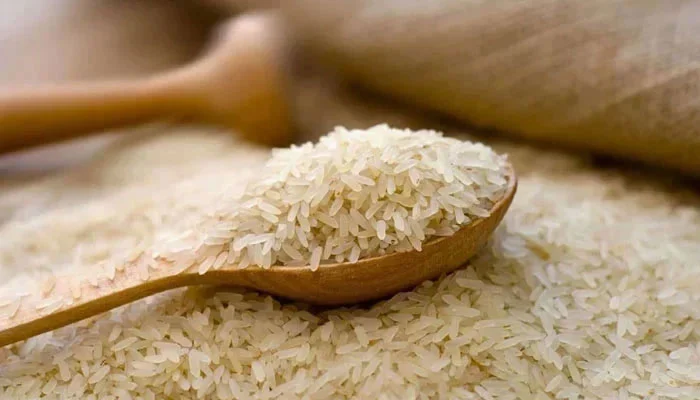Tags
African farmers reap rewards of flood-tolerant rice

Two flood-resistant rice varieties are helping farmers in Africa to improve productivity, with huge potential returns for countries affected by climate change, agricultural food experts say.
Scientists at the Africa Rice Center (AfricaRice) and International Rice Research Institute (IRRI) say the rice they developed could survive for more than two weeks under complete submergence, whereas existing rice varieties die after one week of flooding.
The experts found that it can generate up to two tons per hectare more than rice varieties vulnerable to flooding.
“Until recently, no flood-tolerant rice varieties existed in Africa and farmers suffered enormous losses due to floods,” says Venuprasad Ramaiah, head of the International Rice Genebank at the IRRI.
“Madagascar, Mozambique, Nigeria and Tanzania are among the most flood-affected countries in Sub-Saharan Africa.”
Ramaiah says the new varieties also produce a higher yield than existing types, even in drier periods.
“Their cultivation is expected to generate income that is comparable with other improved varieties in the market, in years with no floods,” he added.
Ramaiah explains that a gene for submergence tolerance (SUB1 gene) was created and transferred into flood-susceptible African rice varieties.
Baboucarr Manneh, director-general of AfricaRice, tells SciDev.Net that the SUB1 gene was discovered in 1996 and scientists began transferring it into the farmer-preferred variety in the early 2000s. The first high-yielding submergence-tolerant rice variety called “scuba rice” was released in 2009 in Asia.
“This goes to show that the technology has been validated and proven successful and what we’re doing is taking it further to tailor the needs of Sub-Saharan African rice farmers,” says Manneh.
During the flood season, the new varieties sustain productivity, helping farmers maintain a stable income in both stressed and non-stressed years.
Rice-producing African countries such as Tanzania are highly vulnerable to climate change but rice farmers are particularly vulnerable to the crop as it suffers harsh climatic impacts including drought and flooding.
Financial rewards
“Most African countries have an ambitious plan to be self-sufficient in rice and potentially become the new rice bowl of Asia, but flooding poses a threat to these ambitions,” Ramaiah adds.
Ramaiah said that the two released varieties have reached more than 30,000 farmers in Nigeria.
“We are not stopping there yet,” says Ramaiah, adding that IRRI and AfricaRice are working with private seed producers, millers, rice traders, farmer cooperatives, and community organizations to design distribution schemes to get the rice to farmers in areas of need.
“With improved flood-tolerant rice varieties, smallholder farmers in the region are able to adapt better to the floods that used to destroy their crops, ensuring farmers’ yields and income.”
Ramaiah says the innovation has the potential to generate at least US$3 billion in returns for African countries experiencing flooding in the next five years.
Olawale Ojo, managing partner at Agricatalyst Innovations in Nigeria, tells SciDev.Net that flood-tolerant rice varieties could increase farmers’ income, build climate resilience, and bring a US$43 return for every dollar invested.
He says funding for agricultural technologies is crucial for food security in Africa, adding, “Expanding the distribution of these varieties in Sub-Saharan Africa will benefit farmers and improve their livelihoods.”
The IRRI/AfricaRice innovation won US$150,000 this month (May 1) at the Milken-Motsepe Prize in AgriTech in the United States.
“With the winning prize, there is now the potential to expedite the positive results from field condition tests… and scaling up of adoption pathways,” says Manneh.
Provided by SciDev.Net
https://phys.org/news/2023-05-african-farmers-reap-rewards-flood-tolerant.htmlPublished Date: May 17, 2023





